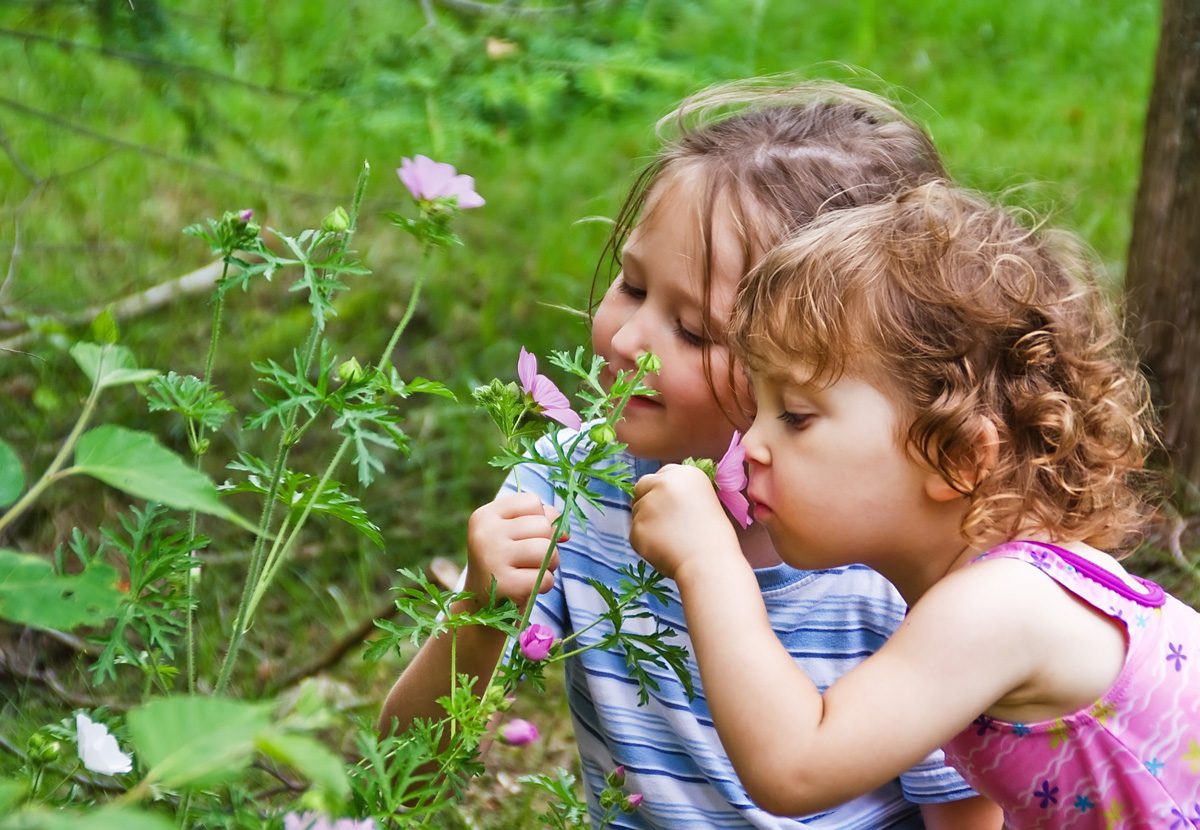Question
What can I do to reduce the effects of seasonal allergies?
Answer
There are a number of steps you can take to help stop symptoms:
Keep windows closed and use air conditioning in your home or car to reduce your exposure to airborne allergens.Schedule outdoor activities early or late in the day and limit your exposure to peak pollen hours.Make an appointment with an allergist, who will help you identify your specific allergies and give you an action plan tailored to your needs. Peak time for ragweed sufferers to avoid, for example, is early midday, whereas grass pollens are at their peak in the afternoon and early evening.Shower right after you come in from outside to wash pollen right out of your hair and clothes and help keep it out of your bed-linens, which also should be laundered frequently to keep indoor and outdoor allergens way when you sleep.Last, don’t fret a rainy day. It washes the pollen away!
Question
What are options for treating grass and ragweed pollen allergies, and how can a patient determine which treatment is best for them?
Answer
Several options are available for patients who are allergic to grass or ragweed.
The simplest thing to do is avoid exposure to grass or ragweed. That sounds a lot easier than it often is, though, especially for patients who enjoy the outdoors.
For patients who are exposed to their allergens, there are medication options – for example, oral antihistamines, intranasal antihistamines or nasal corticosteroids. There are also natural options available for patients – some supplements available over-the-counter contain antihistamine properties.
And there’s also immunotherapy. Traditional immunotherapy, or allergy shots, desensitizes patients to grass or ragweed so they can be exposed to it without symptoms and live a normal life. There are now FDA-approved tablets that dissolve under the tongue and desensitize patients to grass or ragweed allergens.
You and your allergist should make decisions together about how to best manage and treat your allergies. Your allergist will review avoidance measures with you – for example, should remember to take a shower when you come in from the outdoors, to wash away grass or ragweed allergens. And they’ll discuss medication options: taking a pill vs. liquid allergy medicine; or how to use a nasal spray, if that’s an option that will work. They’ll also explain how immunotherapy works, and whether it can benefit you. Then you and your allergist can come to a decision on a treatment that best fits your needs and preferences.
Question
Does living close to the ocean (within a mile or so) help with allergies, perhaps due to lower pollen counts?
Answer
Unfortunately, living near the ocean does not decrease seasonal allergies. Beach towns still have plenty of trees, grasses, weeds and molds. In addition pollen grains can travel quite far on the wind. Some types of pollen have been found up to 400 miles out to sea.
Your allergist can help you manage your seasonal allergy symptoms.
Question
I seem to be having an increasing amount of allergy problems earlier and earlier in the year and it seems to be getting worse for the past several years...I hear that each year allergies and pollen are getting worse. Is that really true? Is there a connnection to climate change?
Answer
Tree pollination appears to be starting earlier and lasting longer, as well as grass and weed pollination. Ragweed especially appears to be increasing its northern reach into Canada, as there has been an increase in frost free days there! Pollen production and release indeed depend on the climate within which grasses, weeds and trees grow. Factors include temperature, humidity, soil moisture, soil radiation and carbon dioxide (CO2) levels. It does appear that across the continental United States (North America), that not only has the amount of pollen released increased with the various weather (meteorological) factors, but even the period of the year and the duration of pollen release appears to be changing as well (for the worse).
Back to Resources
Seasonal Allergies
Find answers to popular questions about seasonal allergies.
